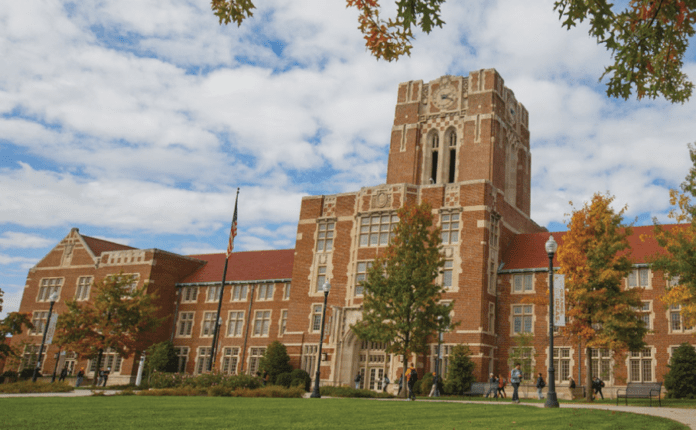AT&T said it is working with the University of Tennessee (UT) to carry out research activities using 5G millimeter wave spectrum and Multi-Access Edge Computing (MEC) technology.
The AT&T 5G+ network being installed at the UT campus will enable the university to explore uses in several industries including defense, public safety, healthcare, education, entertainment and banking.
The testbed installation, which uses millimeter wave frequencies, is underway and expected to be completed by fall 2021, AT&T said.
The collaboration between the carrier and the UT will enable immersive learning experiences such as augmented reality (AR) and virtual reality (VR) to render new environments for student experimentation and learning. Examples of these virtual environments might include exploring nuclear power plants, the depths of the ocean, or experiencing a rocket launch, the telco said.
For rural areas, a 5G focus is on access to telehealth, education, local economies and job creation, including the support of precision agriculture.
AT&T also noted that the military will explore the use of millimeter wave radars to help warfighters to “see through” physical barriers such as walls. This solution would include a portable communications system that captures and shares images through a wall, allowing soldiers with connected devices to exchange this information with each other in near real-time to help protect and defend against potential threats. The new 5G testbeds will facilitate testing, refining, and validating the low-latency connectivity vital to these experiments.
“Bringing AT&T 5G to the University of Tennessee’s already robust research community opens the door for exploring new possibilities, developing innovative solutions to real-world problems and furthering ambitions to make a positive and productive impact on society. The possibilities are wide open with 5G and we look forward to delivering the capabilities that will power the innovative solutions and applications that the students, faculty and other researchers develop,” said Jason Porter, president of AT&T public sector and FirstNet.
“The technology behind next generation broadband systems, 5G and beyond, is expected to impact society perhaps even more than the internet. Customized and smart systems will be at our fingertips connecting all devices surrounding us, and instantly processing and optimizing information touching everything we do as an individual, community, society, and more. This collaboration with AT&T provides our research and education community at UT a platform to collaborate across disciplines to address societal needs and improve quality of life at all fronts,” said Ozlem Kilic, associate dean for academic and student affairs at the Tickle College of Engineering, University of Tennessee, Knoxville.
AT&T had previously announced collaborations with Texas A&M University, University of Connecticut, and the University of Missouri.

